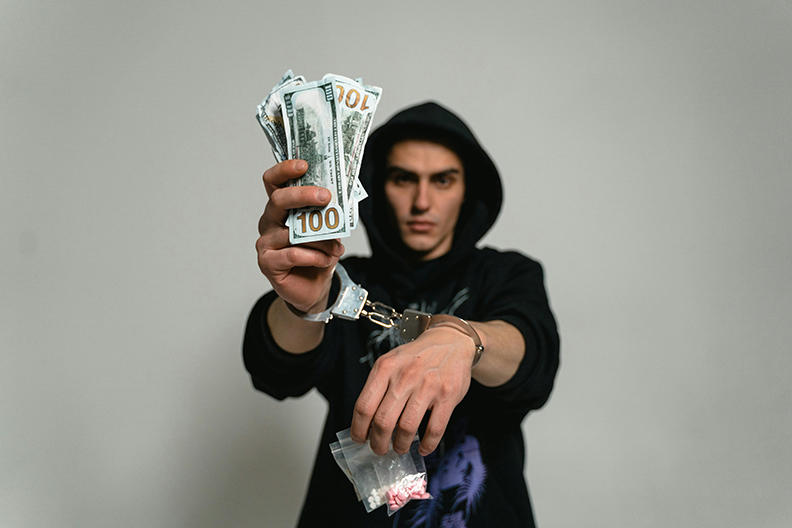

Law: Crackdown On Fake Streaming Accounts
Just last month, a man in Denmark was convicted and sentenced to 18 months in prison for using bots to inflate his streaming numbers on music platforms. The charges included data fraud and copyright infringement. He was using hundreds of fake profiles to listen to his own music and boost his presence. This generates more royalties—Spotify and Apple Music ended up paying him over $290,000 (2 mil Danish Kroner).
These streaming services can’t develop methods to keep this from happening well enough. As soon as someone finds a way around something, they’ll take it. It’s human nature. The lesson is this—now there’s a legal precedent that will actually put you in jail for it.
The man’s name was withheld for privacy reasons. He’s a middle aged consultant who developed a software program that could play the music automatically under 69 different bot accounts (20 of those being Spotify accounts). No human person was actually listening, but that wasn’t his goal. His goal was to generate an income. And he did; at one point, he became one of the highest earning musicians on streaming platforms in Denmark.
The copyright violation came into play after he composed many alternate versions of tracks by other musicians, just changing the length and the tempo of the tracks and re-uploading them under his name. He did originally begin this monetary experiment with his own music, but evolved to remixing music from other artists without permission. Dreamer’s Circus, a Danish folk group, was one of his sacrificial lambs. The man pleaded not guilty, claiming his ruse was “linked to his job in the music industry”, whatever that means.
The Danish government seized all the money he’d made, fined him 200,000 Kroner, and declared fraudulent streaming illegal all over the world.
Will this new law stop fraudulent streaming?
According to Suffolk University in Boston, that’s a big no. It’s not just some consultant guy producing music for money doing it. There are major artists funding fake streams. Tidal is a music streaming platform Beyoncé’s husband Jay-Z has primary holdings in. Tidal was recently accused of falsifying streaming numbers for Beyoncé’s “Lemonade” and Kanye West’s “Life of Pablo, along with paying higher royalties to these artists. Although these accusations are only alleged, it’s not that hard to believe.
If artists don’t pay attention to what their music is doing, they could be swindled. The our reason Danish consultant got caught for copyright infringement was because several Danish folk music artists started to notice altered version of their music rotating through various streaming platforms. They reported it to Koda, a Danish collective society that pays artist royalties.




